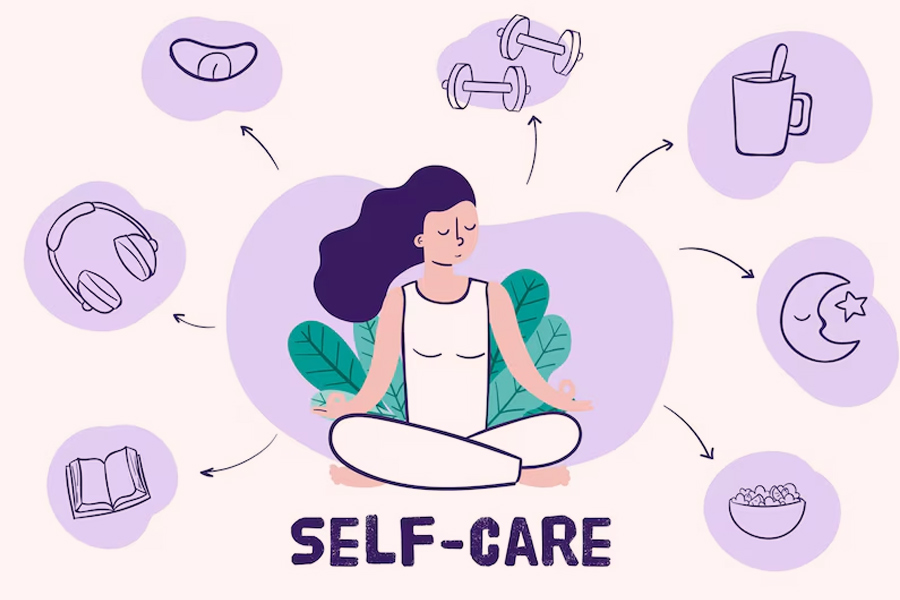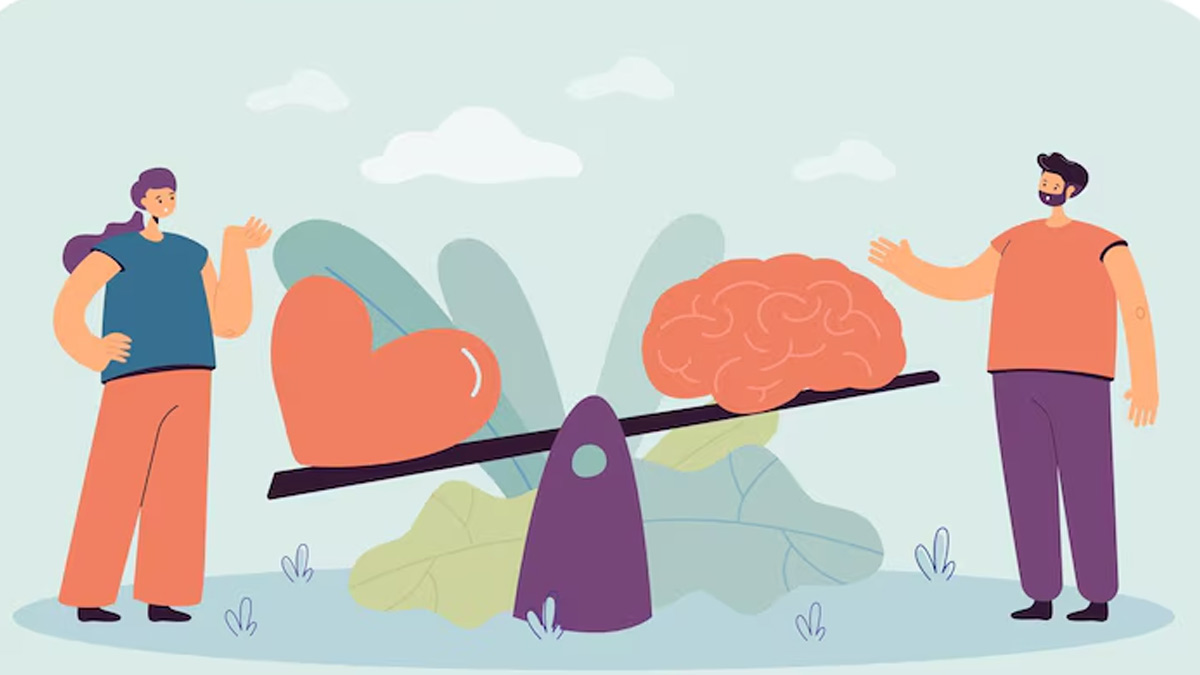Emotional intelligence (EI), often referred to as emotional quotient (EQ), is the ability to recognise, understand, and manage our own emotions while also being able to recognise, influence, and navigate the emotions of others. Emotional intelligence involves skills such as self-awareness, self-regulation, empathy, and social skills. It helps in building and maintaining relationships, smoothens decision making and helps in personal as well as professional challenges.
To get a deeper understanding on emotional intelligence and how it improves our mental and physical health, OnlyMyHealth interacted with Dr Taylor Elizabeth Perramond, Emotional Intelligence and Etiquette Coach, Dubai. According to her, “Personal development and emotional intelligence have become popular topics, but have we truly considered their profound impact on our well-being?”
Connection Between Emotional Intelligence and Health
Emotional intelligence encompasses the ability to recognize, understand, and manage emotions in yourself and others. This skillset enhances mental clarity and fosters emotional resilience, which can, in turn, positively affect your physical health. But how does this work?
Stress Management

Chronic stress is a silent destroyer of physical and mental health. It can weaken the immune system, raise blood pressure, and contribute to conditions like heart disease and diabetes. By developing EI, individuals gain the ability to regulate their emotional responses to stress, thus protecting themselves from these adverse health effects. Dr Perramond notes, “Managing stress is more than a desire—it’s a necessity. Unchecked stress can compromise your immune system, elevate blood pressure, and, over time, lead to chronic conditions like hypertension.” Studies show that Emotional intelligence plays a critical role in reducing the body’s cortisol levels, the hormone released in response to stress, which can have damaging effects on the heart and immune system over time.
Also read: How To Use Your Five Senses To Combat Stress And Anxiety
Resilience and Recovery

Emotional intelligence equips individuals with tools for self-regulation, enabling them to bounce back from setbacks more effectively. Research shows that emotionally resilient people recover faster from illnesses and injuries. Dr Perramond highlights this connection saying, “The emotional resilience and positive mindset developed through this journey will empower you to manage setbacks and recover more quickly, whether from physical injury, illness, or surgery.” This is because the psychological aspect of recovery is just as important as the physical, and those with a resilient mindset often heal faster.
Also read: Are Instagram Reels and Memes Affecting Your Mental Health?
Emotional Intelligence and Healthier Habits

Individuals with high emotional intelligence are more likely to make healthier lifestyle choices, such as eating a balanced diet, exercising regularly, and getting sufficient rest. “Recognising your value helps foster the discipline needed for self-care habits,” explains Dr Perramond. Emotional intelligence enhances self-awareness, which means you’re more conscious of the choices you make and how they affect your health. This mindfulness encourages behaviours that prioritise well-being, both physically and mentally.
Conclusion
Ultimately, cultivating emotional intelligence is not just about achieving professional success or improving relationships—it’s a comprehensive tool for enhancing mental and physical health. As Dr Perramond emphasises, “This investment in emotional intelligence is an investment in your overall well-being, paving the way for a healthier, more fulfilling life.” Whether you’re seeking better stress management, faster recovery, or a healthier lifestyle, emotional intelligence offers a clear path to improved well-being.

